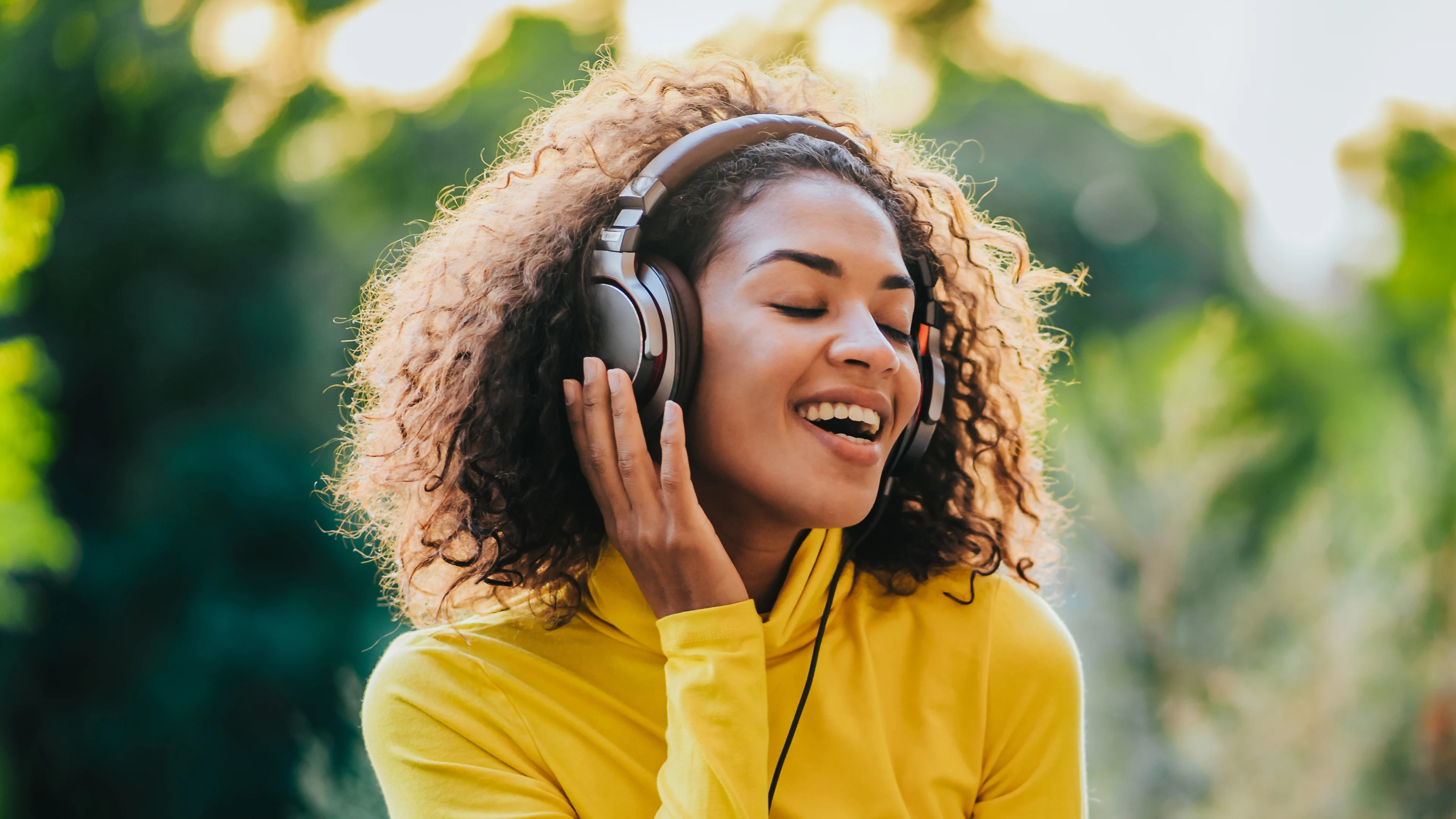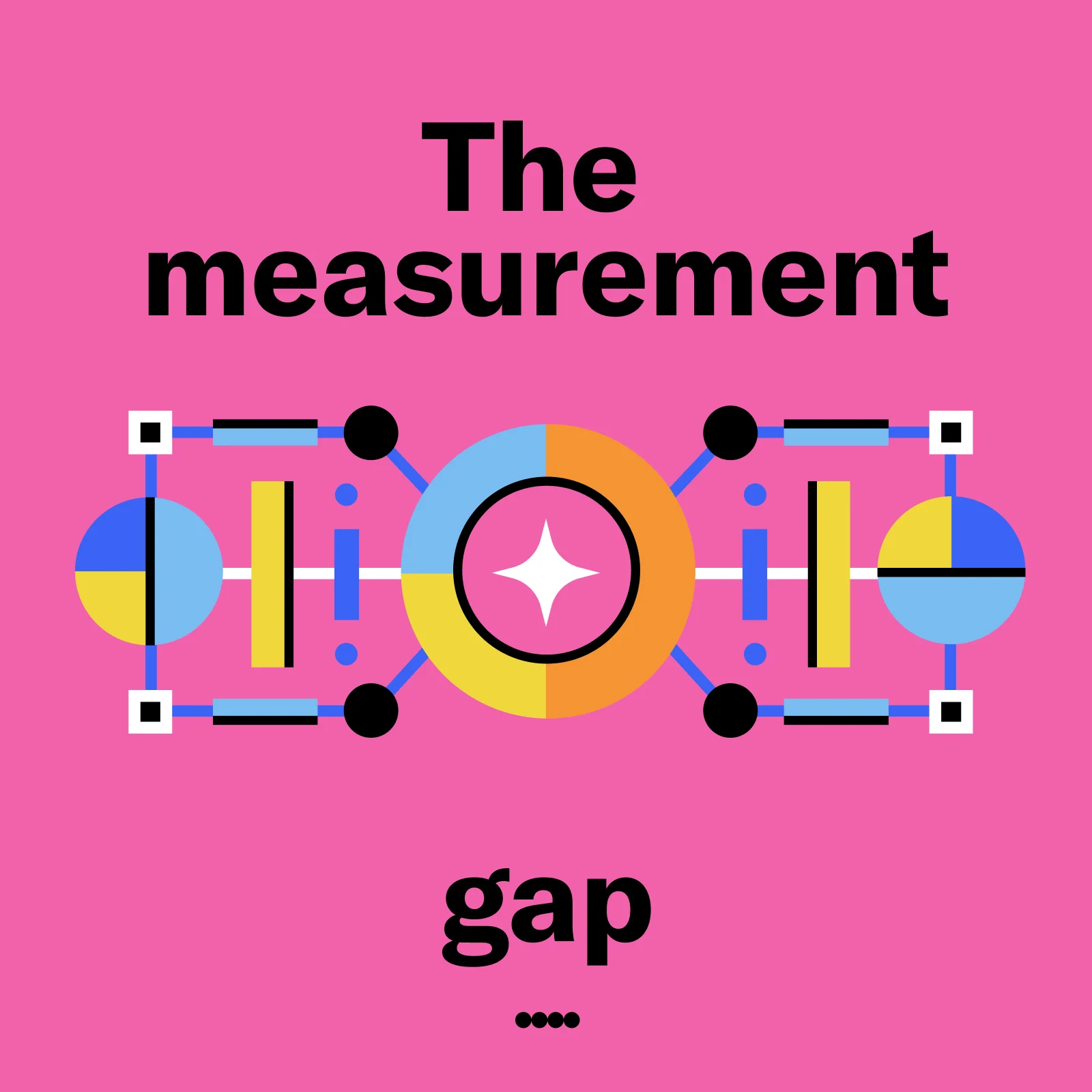
What Brands Can Do to Connect with Black Audiences
A lot goes into making an audio ad: persuasive copy, immersive sound design, captivating music, alluring voices. But to make an effective audio ad, the message has to hit just right, which always starts with identifying and understanding your audience. So, when it comes to crafting messages that resonate with Black audiences, it’s important to get insight into who they are, what they want, and what motivates them, and effectively doing so through proper representation within your creative teams.
Take a Holistic Approach
While “know your audience” is a simple idea, it’s far from easy to do without the right knowledge and skill set. It takes a certain expertise. At Studio Resonate, we take a holistic approach to multicultural advertising, one that starts well before the creative process gets going.
“I prioritize a deep understanding of Black identity, aspirations, and motivations in creating messages that truly resonate. This insightful understanding and lived experience is my compass, guiding me in developing narratives that are authentic and intentional. It is through this knowledge that our products can effectively connect, inspire, and create a powerful impact with their intended audiences,” says Antonio Francisco, Multicultural Creative Director at Studio Resonate.
Whether the goal is to reach Black, Hispanic, or Asian audiences, our role is to both listen to and educate clients as we elevate cultural fluency in ad creative. There are many brands that are unfamiliar with the intricacies and nuances of specific audiences. That’s where we come in to provide insight into communities as part of the creative process, including conceptualization, production, and the role of market trends and studies.
Bring Black Creatives to the Table
Representation in advertising starts with who’s leading the creative process. From ideation, to copywriting, to casting voiceover actors, you need Black voices and perspectives to create authentic and compelling ad messages. When it comes to connecting with an audience, it’s not all facts and figures; often it’s the intangibles at the heart of a particular culture that matter most.
What are the observable and non-observable features of Black culture and community? Understanding these insights is critical to developing inspiring advertising messages. And the only way to authentically convey this understanding is through lived experience.
That’s why our multicultural copywriters are a part of the communities they write for. They bring their deep understanding of the experience and culture into each project. In addition to telling engaging stories in their writing, they are instrumental in the voiceover talent casting process and music choices, collaborating to ensure each ad is a fit for the audience they aim to reach.
Lean on Real Cultural Insights
When Gain was looking to create audio ads to promote its Power Blast Dish Spray offering to multicultural segments, copywriters Chanel Peek and Natalie Leal leaned on their Black and Latine (respectively) lived experiences to write scripts. The goal of each spot was the same: convince audiences that the awesome cleaning power and irresistible scent of Gain dish spray makes doing the dishes not just less of a chore, but also a genuinely enjoyable task. However, the writers’ approaches differed based on their own cultural insights.
“To Black mothers, ‘me time’ is sacred,” says Chanel. “And growing up, I always had to do chores like doing the dishes—which I hated—before I could go play. So, I brought those two ideas together. In my script, both the mom and the kids want to do the dishes. The message is that the product makes chores so enjoyable, it becomes a part of that precious me time/play time these mothers and their children crave.”
In the following script, concept, creative, and casting come together to bring Chanel’s words to life to really sell listeners on the idea that doing the dishes can be an indulgence.
Announcer: New Gain Power Blast Dish Spray smells so good and cleans so well, washing dishes is going to quickly become everyone’s favorite chore.
Child: Mom can I wash dishes with the Gain dish spray….
Mom: You better go upstairs and play. These are MY dirty dishes.
[SFX: Long spray sound followed by deep inhale from Mom]
[Music: R&B throwback type song starts playing along with the dishwashing sounds, continues under the announcer]
Announcer: When you spray, aromatic suds blast the grease away while filling your kitchen with the irresistible scent of Gain. So put on something to dance to, take a deep breath, and have some fun!
[SFX: Long spray sound. Sink water running and dishes getting washed]
Announcer: New Gain Power Blast Dish Spray. Cleans great. Smells better.
Gain also wanted a spot tailored to Hispanic Americans audiences. Because multicultural advertising isn’t a one-size endeavor, Natalie’s creative approach to reaching Latine audiences differed from Chanel’s, incorporating insights that were relevant to the audience she was speaking to. While there should be cohesion to the overall creative concept, brands will often need to develop unique executions for specific audiences, tailoring for cultural relevance.
Embrace the Art of Subtlety
Relying on audience knowledge to allude to well-known truths is a subtle art—and often a necessary one. Like when Neutrogena Hydro Boost Gel Cream was looking to adapt their general market script for Black audiences. Most beauty brands require the use of specific product points and finding the right balance in messaging is crucial. Chanel used her deep understanding of cultural insights wisely to give a subtle nod to a well-known adage.
“We’ve all heard the phrase ‘Black don’t crack,’” says Chanel. “The good genes. That melanin magic. So, that’s not something we need to say, but I can play with it and allude to it. For this script, I went with the idea of good genes combined with skincare secrets passed down from generation to generation.”
The following mock* script both promotes the product and speaks to Black audiences in an authentic tone.
Don’t be Afraid to Speak the Unspoken
Subtlety is often the way to go, especially when you have a precious-few seconds to tell a story like we did in the Neutrogena spot. But sometimes, being bold—maybe even a bit blunt—is a great way to add humor, presence, and/or importance to an ad message. There’s bravery in saying what everyone is thinking, and it can build trust and foster a sense of community.
That’s the route Natalie took to writing a script for a spot to promote Amazon Prime’s Culture Rated Collection to Black audiences. And yes, you read that right. By now, it should be clear that we recommend using writers who are a part of the community they’re writing for. However, that’s not always possible. In such cases, it's important to lean on writers who understand the audience for guidance and direction throughout the process.
“I started with an idea that most multicultural audiences can relate to,” says Natalie. “We’re surrounded by content that was neither created for us, nor by us, or it relies on generic representation and secondary characters of color to round out the cast. I ran the idea and a draft by Chanel, and she helped me find the right tone, with the goal of ensuring the script resonates with Black audiences.”
In this mock* audio spot, you hear the bold truth spoken plainly with an engaging mix of irreverence and humor.
Reach Out for Help
Even a multicultural advertising pro like Natalie knows getting insight from other experts is invaluable. Whether it’s reaching out to internal resources or relying on the expertise of Studio Resonate, hitting the right note means involving the right people.
“We foster an open, collaborative atmosphere,” says Antonio. “Our team is so culturally aware and creative that cultural ideation never feels forced or flat. General requests are approached with discussion and brainstorming, considering each member's expertise and ideas. This teamwork ensures that each project is tackled from multiple angles, resulting in a well-rounded and compelling outcome.”
Takeaways for Your Next Campaign
To recap, reaching and resonating with Black audiences means crafting engaging, authentic advertising messages. Here’s what you can do to connect with this audience for your next campaign:
Take a Holistic Approach: From concept to copywriting to creative to casting, Black perspectives and experiences need to be at the forefront.
Bring Black Creatives to the Table: Research and data is great and all—and certainly has its place—but if you don’t ensure Black people are a part of the process, you’re missing the mark.
Lean on Cultural Insights: You have to know the audience (and not just on paper). From involving Black creatives to testing the executions with real consumers, developing a solid understanding of Black audiences is critical. (And remember, like any audience, this segment is not a monolith; one insight does not fit all.)
Embrace the Art of Subtlety: Sometimes subtle goes a long way. Being in the know means you don’t always have to say it out loud. Approaching audiences on their level means you can assume knowledge and allude to it creatively.
Don’t be Afraid to Speak the Unspoken: There are times when saying it out loud is the right move—and it can help build trust and foster a sense of community with the audience.
Reach Out for Help: Doing it alone isn’t an option when you have whole communities to reach and represent. Always find experts for guidance and direction to create effective ads.
It’s all about approaching your audience the right way with the right message. Studio Resonate has a multicultural creative team dedicated to helping brands develop fascinating creative for specific audience segments. Let’s talk.
*Mock audio spots or scripts are creative executions developed for clients for illustrative purposes.
Related Insights
 Streaming
StreamingStreaming Audio Boosts Brand Awareness: Here's How
Dec 12, 2025 Podcasts
PodcastsBeyond Downloads: Where Podcast Measurement is Headed Next
Dec 11, 2025 Podcasts
Podcasts6 Black-Hosted Podcasts That Are Influencing Culture Today
Dec 10, 2025 Digital Audio
Digital AudioHow Digital Audio Complements Video, Social, & Display Campaigns
Dec 9, 2025



